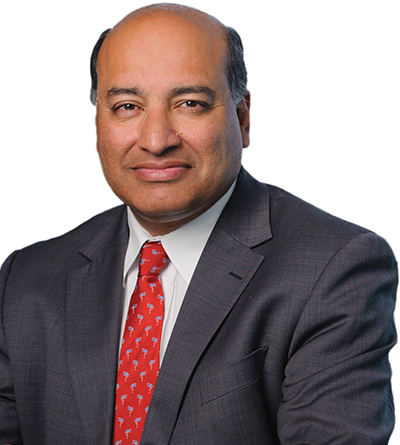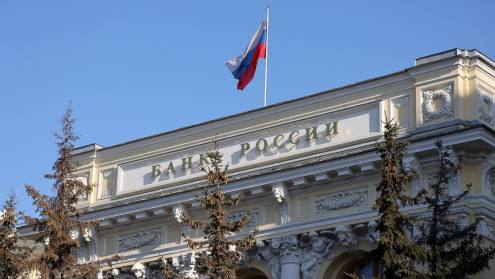Q: This year’s annual meeting of the European Bank for Reconstruction and Development [EBRD] goes under the motto ‘Targeting green and inclusive growth – meeting regional and global challenges’. Why have you picked this theme, and how is it relevant to the host country, Cyprus?
A: I would say with humility that the EBRD is seen internationally as the leading multinational on sustainable energy projects, particularly in the private sector. And for good reason – we’ve built this knowledge and expertise since 2006. [Since then we have had the target] that about 25% of our lending should be in the green economy area. But now, our shareholders [have] supported a shift towards 40% of our lending to be in this area by 2020. We are already doing about a third now, so we are well on the way to getting there.
In Cyprus, as it happens, we are going to [inaugurate the commissioning of a] solar plant during the annual meeting, [which is] very symbolic of that. It is a global challenge and we are scaling up for that reason. The inclusion side is really important because of what are in my view fair critiques of globalisation and of the technological revolution.
Q: In s2016, when Nicosia was announced as the location of the annual meeting, there was hope that northern and southern Cyprus could be reunited. Talks have been taking place but so far without agreement. What impact is this having on EBRD involvement in the country?
A: When we planned the meeting in Cyprus, we thought we might have political agreement at least by now on the reunification, and then a referendum maybe in the summer. So an EBRD annual meeting would have been just between those two events. As you say, the talks have taken longer. It is very good to hear that they are having further meetings and that the pace will pick up again.
We have invested about €225m already [in Cyprus] in a very short space of time and across a range of sectors – not just the banks, which is where we started, but also in Limassol Port, small and medium-sized enterprises and so on.
So it has been a good start and we have done some stuff in the north as well as the south, which was important operationally but also symbolically.
Q: Turkey has been the country where you have invested the largest share geographically in 2015 and 2016. Are the recent animosities we have seen between Turkish president Recep Tayyip Erdogan and some Western leaders having an impact on your work in the country?
A:Undoubtedly, it is having an impact. Not just that; I think the general political context within Turkey, post-coup attempt, is in a state of flux. There is a great deal of uncertainty and that is having an impact on some foreign investors and some domestic investors in terms of adopting a ‘wait and see’ approach.
Overall, our pipeline remains strong. I doubt we will get to €1.9bn again this year, but without a doubt Turkey will again be our number one market [in 2017 with] well above €1bn, probably closer to €1.5bn. But let’s see. We have had a strong first [few] months in Turkey already.
Q: As you are operating across Europe, what impact is the UK's vote to leave the EU going to have on the EBRD?
A: Let me dismiss immediately the question of where EBRD’s headquarters are going to be. We are staying in London. The EBRD is not an EU institution; we have shareholders from all five continents of the world. London is an excellent place in terms of links to the wider development diaspora, to the City and other places, so this is a good place to have headquarters.
The more important question is what will happen to our countries of operations. And our analysis so far suggests a lot depends on the type of Brexit. [If the] UK leaves the single market, stops paying into the EU budget, that could have quite a negative impact on some of our countries of operation, particularly in south-eastern Europe. If the UK was to have a milder form of Brexit, the effects then are quite marginal for our countries of operation.
If it is of the harder variety, the EBRD will need to step up because we often act in a counter-cyclical way. So if an economy is going through more trouble because of, let’s say the type of Brexit, then [we will] have to try and step [up our financing for those economies together] with other multilaterals.
Sir Suma Chakrabarti is president of the European Bank for Reconstruction and Development.












